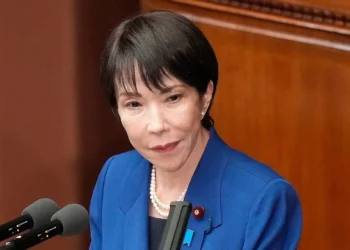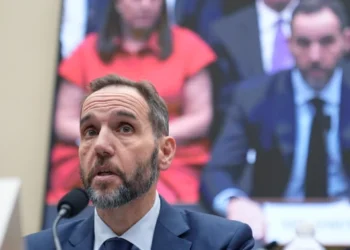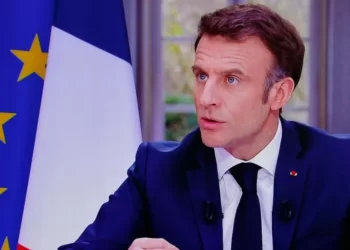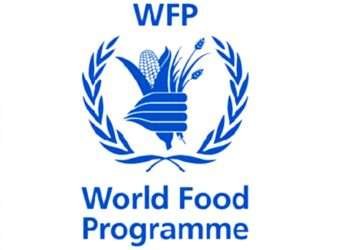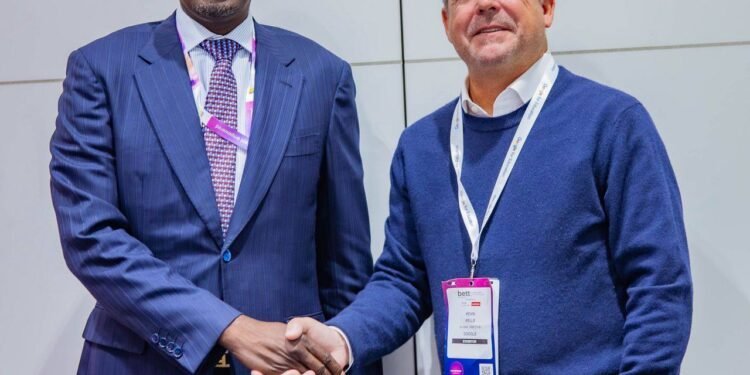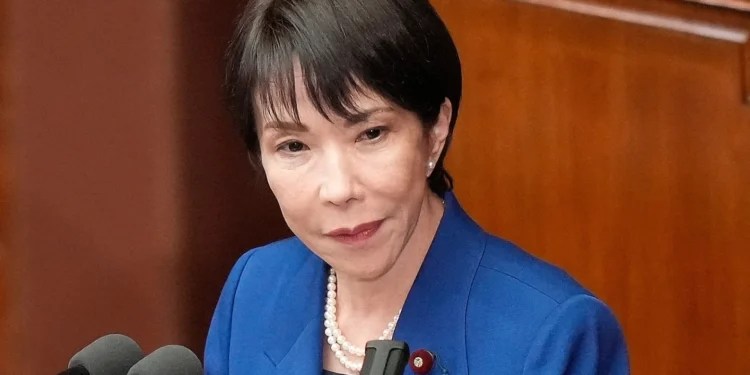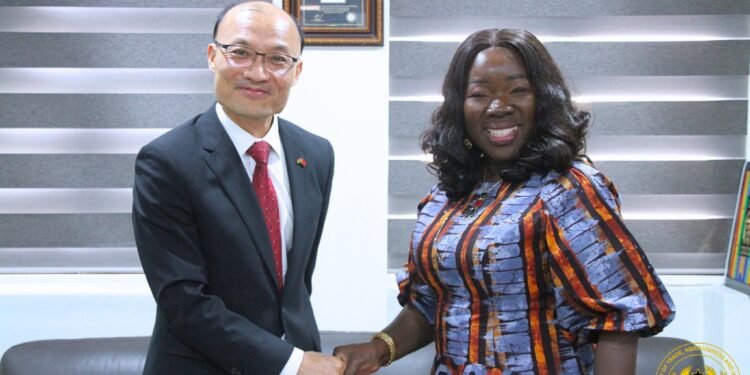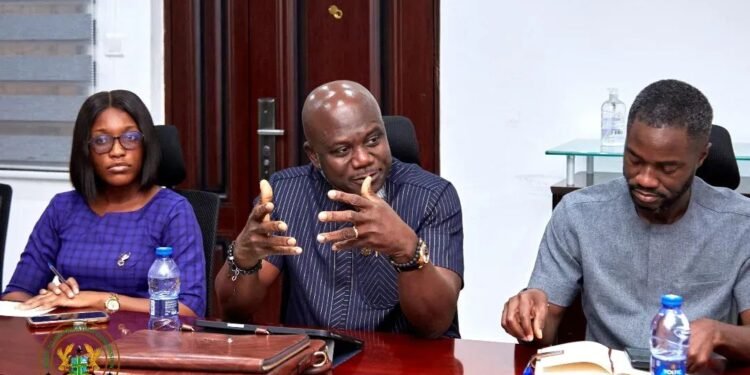The Managing Director of the International Monetary Fund (IMF) Kristalina Georgieva has thrown her support behind the G7 leaders’ decision to commit US$50 billion to help the world exit the pandemic crisis.
She made this statement today, 13th June, 2021 in a virtual meeting at the G7 Leaders’ Summit. In her concluding remarks, she thanked Prime Minister Boris Johnson and the UK authorities for setting such a forward-looking agenda for the G7 summit.
Existing data shows that there are divergent recoveries of the pandemic across the world, as such the IMF has raised several warnings to that effect.
“Together with the World Bank, the WHO, and the WTO, IMF staff recently proposed a $50 billion plan to end the pandemic by vaccinating at least 40 percent of people in every country by the end of this year and 60 percent by mid-2022.”
She further added that the most urgent part of the plan is to redirect excess vaccine doses from advanced economies to the developing world.
“I welcome the G7’s commitment of one billion doses in the next year—it will make a material difference in the fight against the pandemic. Next, it is important to ensure that vials turn into actual shots in the arm and that production capacity is increased to protect against downside risks.”
Progress is ongoing with regards to providing finance for the plan. On the part of the Fund, Kristalina indicated that from the beginning it has emphasized the crucial importance of grants. And based on the Fund’s assessment, about one-third of the needed $35 billion in grant financing has now been secured from public and private sources.
She indicated that efforts so far have been encouraging, but the work must continue to raise the rest—and to ensure transparent and well-coordinated implementation, she underscored.
“The war is not yet won. This is why together with the World Bank, WHO, WTO and other institutions, we are forming a ‘war room’ — a task force to monitor and accelerate the implementation of this plan.”
She suggested to the G7 leaders that to build a better future, it will be vital to accelerate productivity and growth, resolve debt overhangs, and strengthen economic policy frameworks. Policymakers will face difficult choices when gradually withdrawing policy support and proper targeting will be critical to support vulnerable people and viable firms, she remarked.
“Finally, I want to express my gratitude for the G7’s support of a new $650 billion allocation of the IMF’s Special Drawing Rights (SDRs)—the largest issuance in history. This will help boost global reserves while providing space for necessary fiscal expenditures to exit the pandemic and enable more sustainable recoveries.”
Leaders also expressed a willingness to magnify its impact including through voluntarily channeling SDRs and/or budget loans to reach a total global ambition of $100 billion for the most vulnerable countries. In the coming months, I will be exploring with our membership options on how, together, we can get this done.
READ ALSO: Build infrastructure to reap benefits of industrialization – Dr. Manteaw




